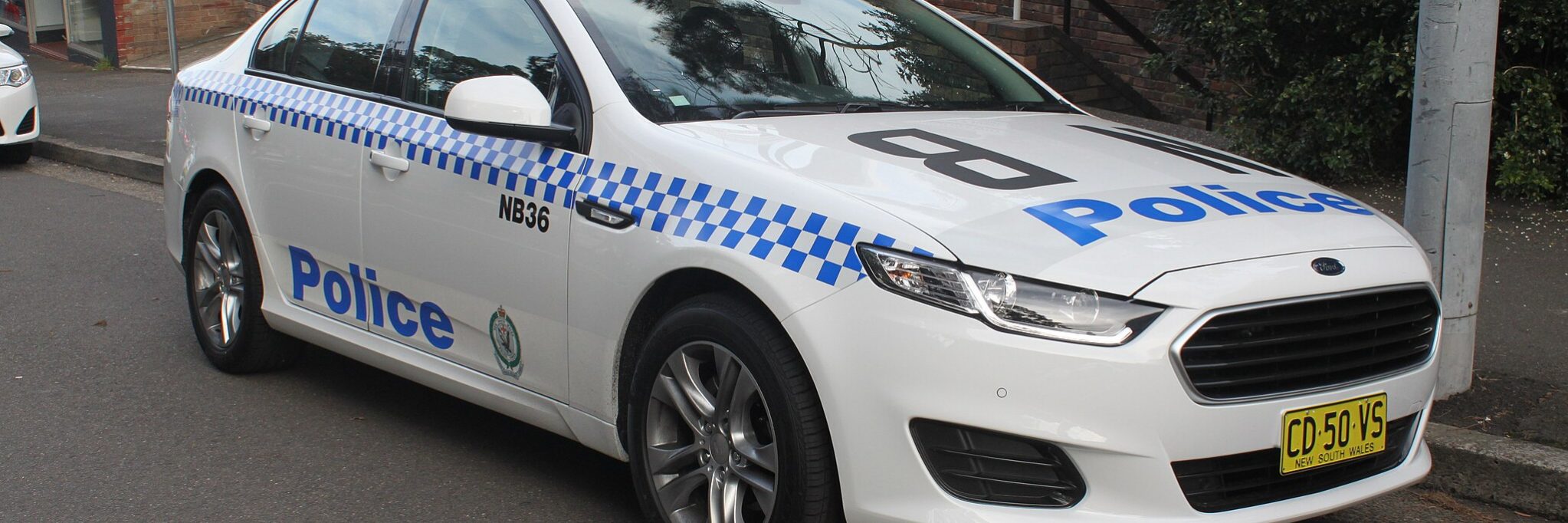Two Nigerian men arrested for sextortion scam that led to teen suicide. Source: Wikimedia Commons.
Australian police have charged two Nigerian men over an alleged sextortion case of an Australian boy, who took his own life last year.
The boy was believed to have taken his life because of threats made by an “unknown person” to share personal photos of the boy to his family and friends if he did not pay $500.
“It was all jovial banter at first; then it started to become sexualised. Then all of a sudden, he got sent pictures, and encouraged to send nude pics of himself,” Commander of State Crome Command’s Cybercrime squad, Superintendent Matthew Craft told the Herald.
The tone of the messages changed instantly to “high-pressure threats and demands”, said Detective Craft.
Hours later, the boy killed himself.
The police investigating the case traced the alleged offenders to a slum in a city in Nigeria.
They were arrested in March and will be dealt with locally, in Nigeria, where authorities can prosecute for Australia-based offences.
There has been a 400 percent rise in sextortion cases in the past 2 years, said Detective Craft.
“We’ve seen a huge spike in sextortion cases … but the good news is people are reporting it and there are steps we can take to help you before it goes too far,” he said.
“We want young people to continue to report these cases, and to never be embarrassed to talk to police. Sextortion is a very real crime that we can take serious action against.
“These arrests in Nigeria show just how far police are willing to go to seek justice on behalf of our young community.”
The arrests showed people what could be achieved if law enforcement worked together, said AFP Commander Helen Schneider
“The sextortion of children is a borderless crime, as these arrests show,” Commander Schneider said.
“The partnerships between law enforcement here in Australia and around the world are vital as we work together to protect children online.”
If you need to talk to someone regarding the topics raised in this article, you can contact:
Lifeline 24/7 Crisis Support: 13 11 14
Suicide Call Back Service: 1300 659 467
Kids Helpline: 1800 55 1800





